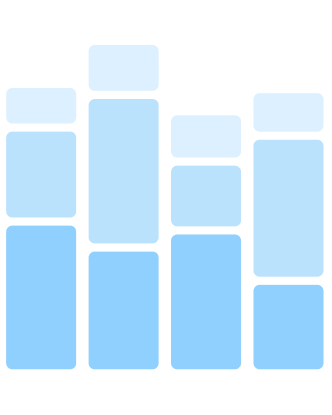BARC DATA CULTURE SURVEY 22
HOW TO SHAPE THE CULTURE OF A DATA-DRIVEN ORGANIZATION
“We are a data-driven company,” is a familiar refrain we hear from business leaders and managers. This is evidence of a fundamental shift in mindset, reflecting the fact that leaders have now understood and internalized the concept of the data-driven enterprise. However, when attempting to restructure and reorganize data flows and processes and bring in new ways of working with data, particularly CDOs, CIOs and data teams often run into what feels like a brick wall. Acceptance and lip service may have been paid to a data strategy, but the application of the strategy is fraught with hurdles. The realization comes soon enough: Data culture and its manifestation in the day-to-day running of the business can make or all too often break any carefully crafted strategies. So, understanding what data culture means within each organization is critical to its success.
At BARC, we see data culture as part of the corporate culture. It refers to all the values, norms and attitudes in an organization that are the basis for actions and decisions related to the handling of data and analytics. The manifestation of data culture can come in different flavors. For example, it can influence where investments are made to improve the BI and analytics landscape and it can dictate the number and roles of the employees who are working with data.


